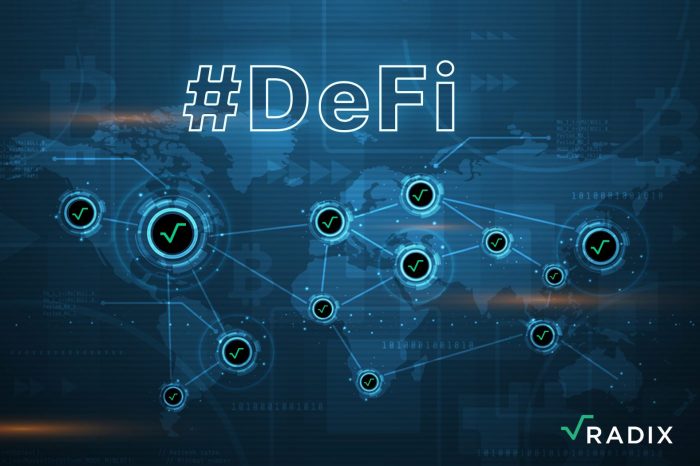UAE DeFi Pioneer CPI Announces New Exchange Listings as Price Skyrockets

Like ICOs in 2017, DeFi is the flavor of 2020, but how has the crypto space changed in this time? If you go back three years, many of the multi-million dollar startups had little to no tangible product or service to back up their popularity, or value.
Today is a different story, as many of the surviving projects are being recognized for the tireless work that they have done throughout the bear market as they edge closer to reaching their full potential. But as the number of token-based projects starts to ramp up again, so too do the complexities in tracking and weighing investment decisions.
Cryptocurrency trading as a market is still very young, and has until recently been streets behind well established mainstream finance trading alternatives like the S&P500 and the DJIA, which have had the advantage of maturing over time. As a result, these types of platforms offer traders the chance of making money with greater certainty, safety, and analysis.
Now, new next-generation projects like CPI (Crypto Price Index) can finally rival these industry giants by offering the crypto equivalent of price indices through its native CPI tokens. These digital index lets its users create a portfolio of the top 200 cryptocurrencies and track their prices in real time.
Exchange Listings and Token Value
Registering an instant impact on the market following its release, CPI was trading at a 2,300% increase on its initial price not one month after listing. This equates to a value of $115 for a token that initially valued at only $5.00.
Price metrics now suggest that CPI could be one of this year’s most promising DeFi projects and it has certainly helped its chances by securing some high-profile token exchange listings with Bilaxy and Hotbit, announcing further additions with Bitforex and Digifinex on August 18th.
With the price already surpassing $115.00, and the newly available access to CPI token buying across multiple platforms, CPI is in a good position for further gains for the remainder of 2020.
Herbert Law, CEO of CPI explains the method behind the CPI token sale structure, stating:
“My thought is since we restricted previous token sales it will allow a smooth transition to trading in the secondary markets. This prevents the big sell offs commonly seen in the crypto market that are a result of poor planning,” he added.
Early CPI Funding Strategy
In 2019 a royal family of UAE was announced as a significant share-holder for CPI, and more recently, Sheikh Abdullah Bin Rashed Al Sharqi officially took on the role of co-founder for the project. Sheikh Al Sharqi’s business savvy and security assurance looks to have made him a shrewd appointment by the company as it looks to establish itself as a strong digital asset in 2020 and beyond.
The founders of CPI made the decision early not to use a traditional crowdfunding campaign, but rather secure investment from experienced business associates and accredited investors that would have the long term interests of the company’s success in mind.
These investors all agreed to lock their tokens away for an agreed period of time to avoid any of the market manipulation and big sell-offs frequently seen with new token exchange-based projects. That sentiment has certainly appeared to have helped the retail demand increase for CPI tokens, and given the project some stability upon which to further grow.
Discuss this news on our Telegram Community. Subscribe to us on Google news and do follow us on Twitter @Blockmanity
Did you like the news you just read? Please leave a feedback to help us serve you better
Disclaimer: Blockmanity is a news portal and does not provide any financial advice. Blockmanity's role is to inform the cryptocurrency and blockchain community about what's going on in this space. Please do your own due diligence before making any investment. Blockmanity won't be responsible for any loss of funds.














